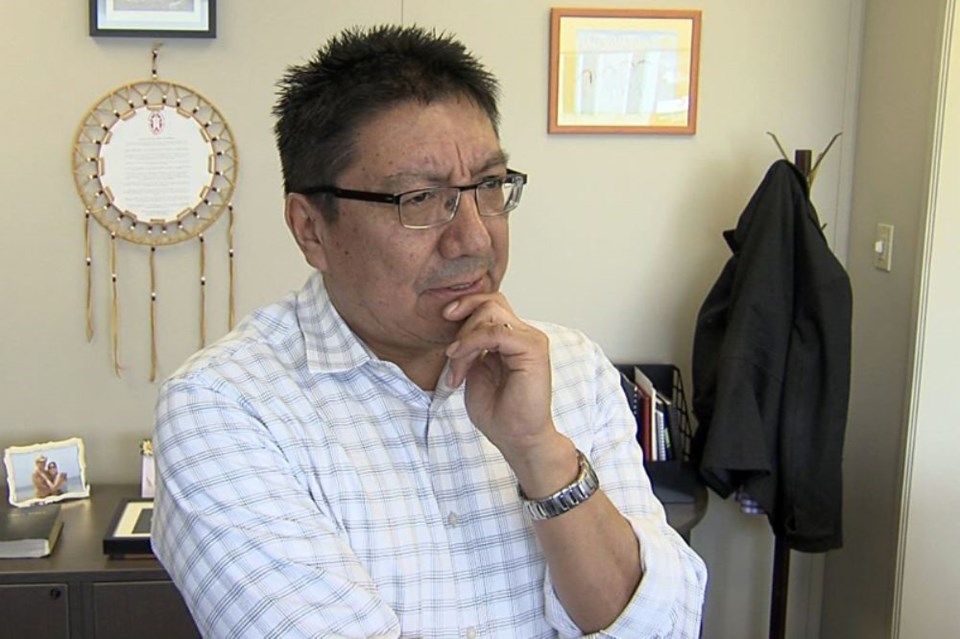THUNDER BAy -- Nishnawbe Aski Nation leadership is hopeful solutions will be found as the inquest into the death of seven Aboriginal students in Thunder Bay enters the recommendation phase.
Grand Chief Alvin Fiddler, praising the painful and heartfelt testimony given by family members and other witnesses during the lengthy testimony phase, said the next step is to find ways to prevent similar tragedies from happening again.
Student safety is also at the forefront, he said in a release issued on Monday.
“I am amazed by the convictions of the families and other witnesses, many of whom traveled great distances to provide heart-wrenching testimony about the loss of these youth, and we thank them for their courage and conviction during this very difficult process,” Fiddler said.
“The emotional toll on these witnesses is immeasurable and we hope that their experiences and insight are considered by the jury as they consider recommendations that can prevent such tragedies from ever happening again.”
The seven youths died between 2000 and 2015.
They were:
- Jethro Anderson, Kasabonika Lake First Nation (2000)
- Curran Strang, Pikangikum First Nation (2005)
- Paul Panacheese, Mishkeegogamang First Nation (2006)
- Robyn Harper, Keewaywin First Nation (2007)
- Reggie Bushie, Poplar Hill First Nation (2007)
- Kyle Morriseau, Keewaywin First Nation (2009)
- Jordan Wabasse, Webequie First Nation (2011)
The inquest, held at the Thunder Bay Courthouse, began on Oct. 5, 2015, with families testifying about the circumstances surrounding the students’ deaths.
Phase 2 was completed last Friday when expert witnesses and First Nations leaders and educators took the stand to provide a broader context.
During the testimony Edmund Metatawabin proposed a memorial be erected in Thunder Bay to remember the seven victims.
Testimony also revealed concerns on the part of Aboriginal leadership pertaining to the willingness of the city’s police service to fully investigate the deaths of First Nation people, while at the same time recognizing NAN and its affiliated organizations also have a role to play in student safety.
Finally they raised the need for all parties involved to commit to the implementation of the recommendations expected to be made from the inquest process.
“Right from the start our focus has been on the families, supporting those who have lost their youth under similar circumstances while attending high school in Thunder Bay and working to ensure that no more families have to experience the loss of their children in a similar manner,” Fiddler said.
“We are hopeful that strong recommendations will be delivered by this jury that can prevent tragedies and increase students safety, and we will look for firm commitments by the governments of Ontario and Canada and all appropriate agencies to immediately develop a process for their swift and complete implementation.”
Fiddler also raised his concerns last week with Prime Minister Justin Trudeau, during his brief Thunder Bay visit.
